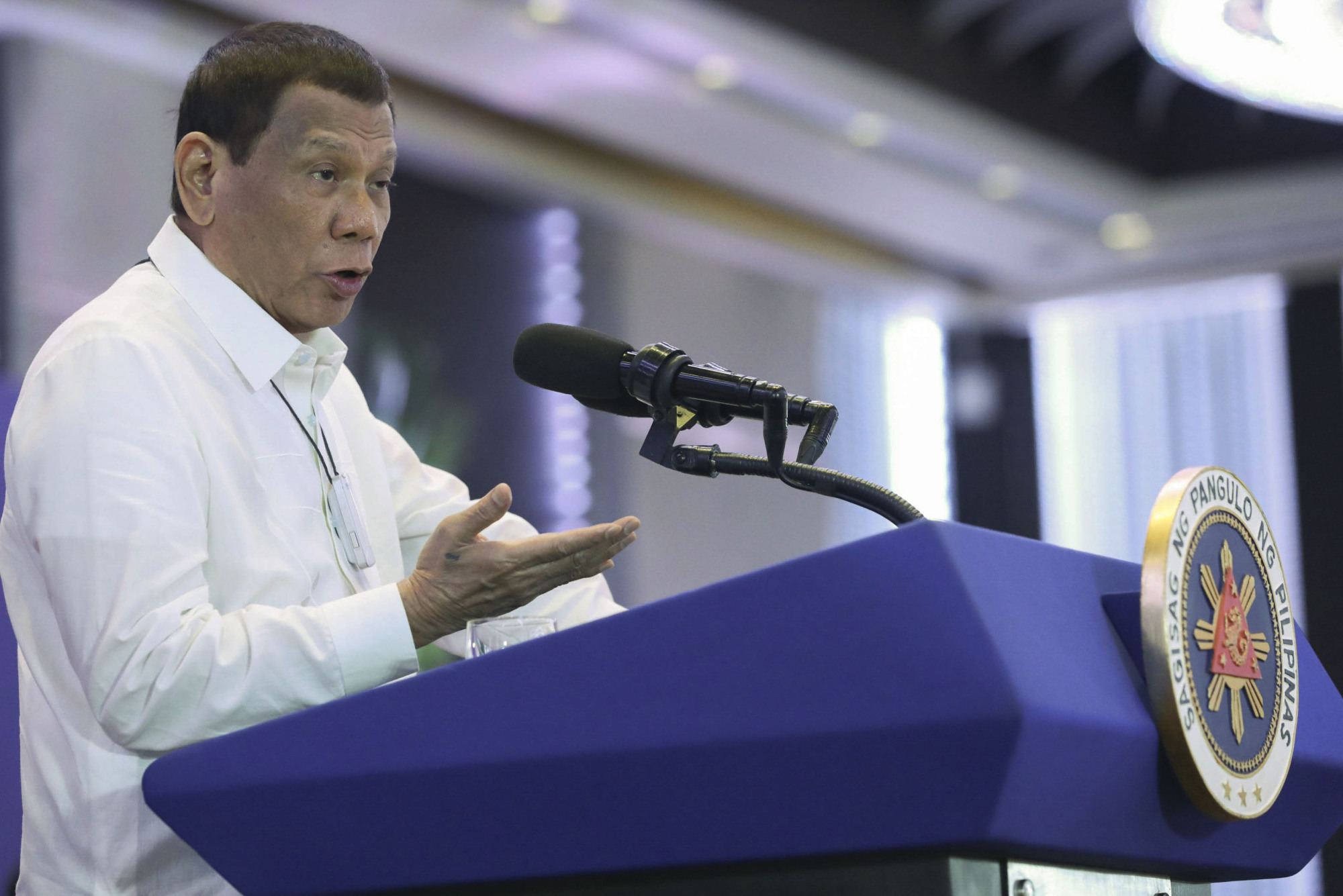Philippine President Rodrigo Duterte has never hidden his animus toward the United States. His tenure in Malacanang Palace has been marked by increasing belligerence toward his country's ally and partner. For the most part, his bark was worse than his bite. That changed this week, with the announcement by Manila that it was ending an agreement with the U.S. that is essential to the functioning of the two countries' security alliance. Duterte may decide to reverse course, but following through on his threat to terminate the Visiting Forces Agreement (VFA) could upend regional security arrangements — although not necessarily for the worse.
Since becoming president in June 2016, Duterte has waged a war of words with the U.S. He flatly stated that he is "not a fan of the Americans" and said that he wanted to end the Philippines' foreign policy reliance on the U.S. In one rant, he called U.S. President Barack Obama "a son of a whore" and said he "could go to hell" after Obama criticized Duterte's drug policy (which includes turning a blind eye toward, if not actively encouraging, extrajudicial killings of drug dealers and users). He called the U.S. a "so-called friend," dismissing it as hypocritical and unreliable. He warned that "I will break up with America," adding that "I would rather go to Russia and to China."
Those were not empty threats. He has made multiple trips to China to meet that country's leadership. He abandoned efforts to enforce the Permanent Court of Arbitration ruling that held that China's "nine-dash line," which Beijing insisted gave it authority over territory also claimed by the Philippines, was not grounded in international law. He has turned a blind eye to Chinese fishing in Philippine waters and played down incidents such as the ramming of a Philippine fishing boat by a Chinese vessel. His attitude is that "they do not mean harm" as long as "we do not also do something that is harmful to them." All the while, Beijing has encouraged him with offers of financial assistance: In 2016, China pledged $24 billion in aid and investment to the Philippines.

















With your current subscription plan you can comment on stories. However, before writing your first comment, please create a display name in the Profile section of your subscriber account page.